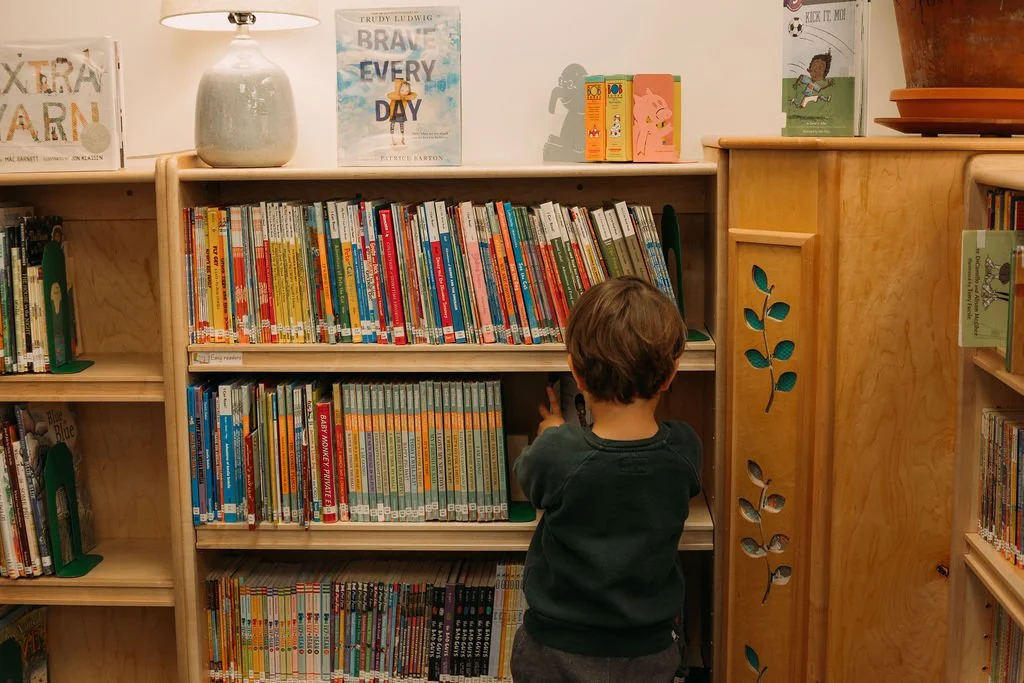The WSM Blog
A Trio of Teachers
Created before American public schools chose, in the 1920’s, the Henry Ford factory assembly line as a model (a model which persists in many schools to this day), Winston-Salem Montessori School believes that educational environments should neither feel nor look like factories. WSM is created to look more like a home than an institution, and stress a community based approach to learning.
To achieve this goal, Winston-Salem Montessori School uses a “trio of teachers”. The trio includes the community of children in a mixed-age grouping, the educational environment equipped with hands-on materials, and the adult guide.
Education as Social Reform
Montessori saw the child as a veritable world power, able to reconstruct society. The impact that parenting and education could have on society was profound for her. She embraced education as an instrument for world peace. She envisioned an approach to education for the development of each individual’s human potential and as service to humanity. She saw the child as he constructor of a better world, of a harmonious society, and as a result eliminate war altogether.
Montessori Materials Movement
Dr. Montessori designed educational environments that produced outcomes based on spontaneous choices in an environment with practical elements. She trained teachers to create and adapt the educational environment in response to observing the children’s purposeful engagement.
The Four Planes of Development
Authentic Montessori education is comprised of mixed aged groupings specific to periods of development. Dr. Montessori’s psychology has four stages of development which she called “planes”.
Benefits of a Montessori Education
Given the freedom to discover, question, and connect with their surroundings, Montessori education can transform your kids into strong, independent individuals one day. But, that’s not the only benefit of Montessori education.
The Five Principles of the Montessori Education
The Montessori program relies on a set of five unique principles. These principles encourage students to self-motivate, question and analyze what’s happening around them, and learn at their own pace.
Montessori Education vs. Conventional Education
Montessori education focuses on various learning principles and tools to fulfill these objectives. They are very different from traditional teacher-led education.
A Typical Day at a Montessori School
Although each new day will be more or less the same, it will be full of different lessons and activities. Also, each Montessori private school will follow its unique schedule. But, it will strictly adhere to the same principles of Montessori education.









